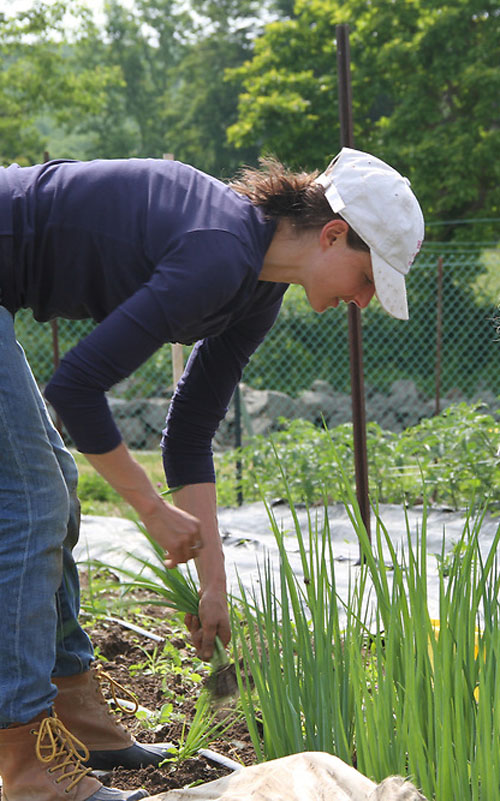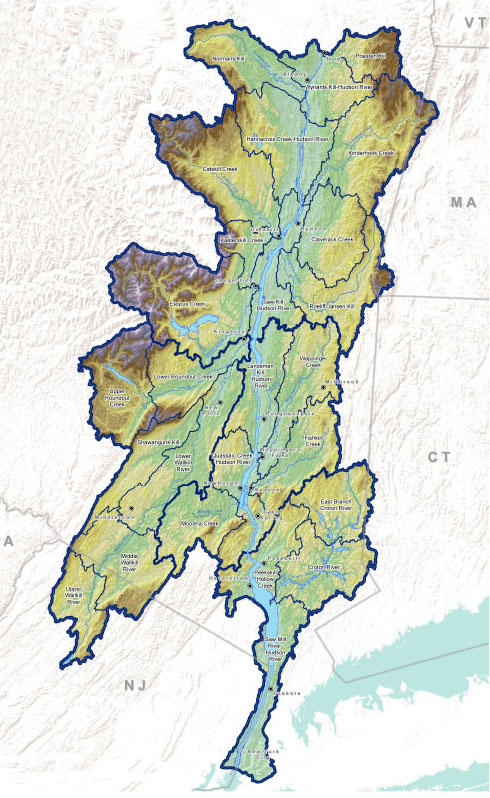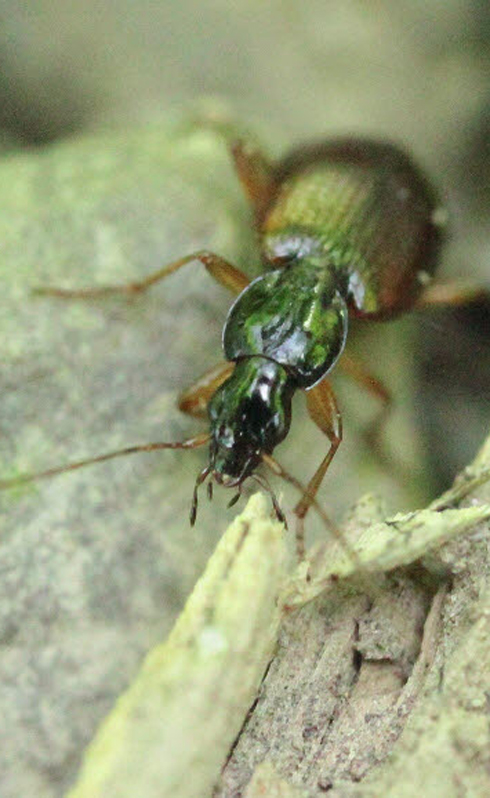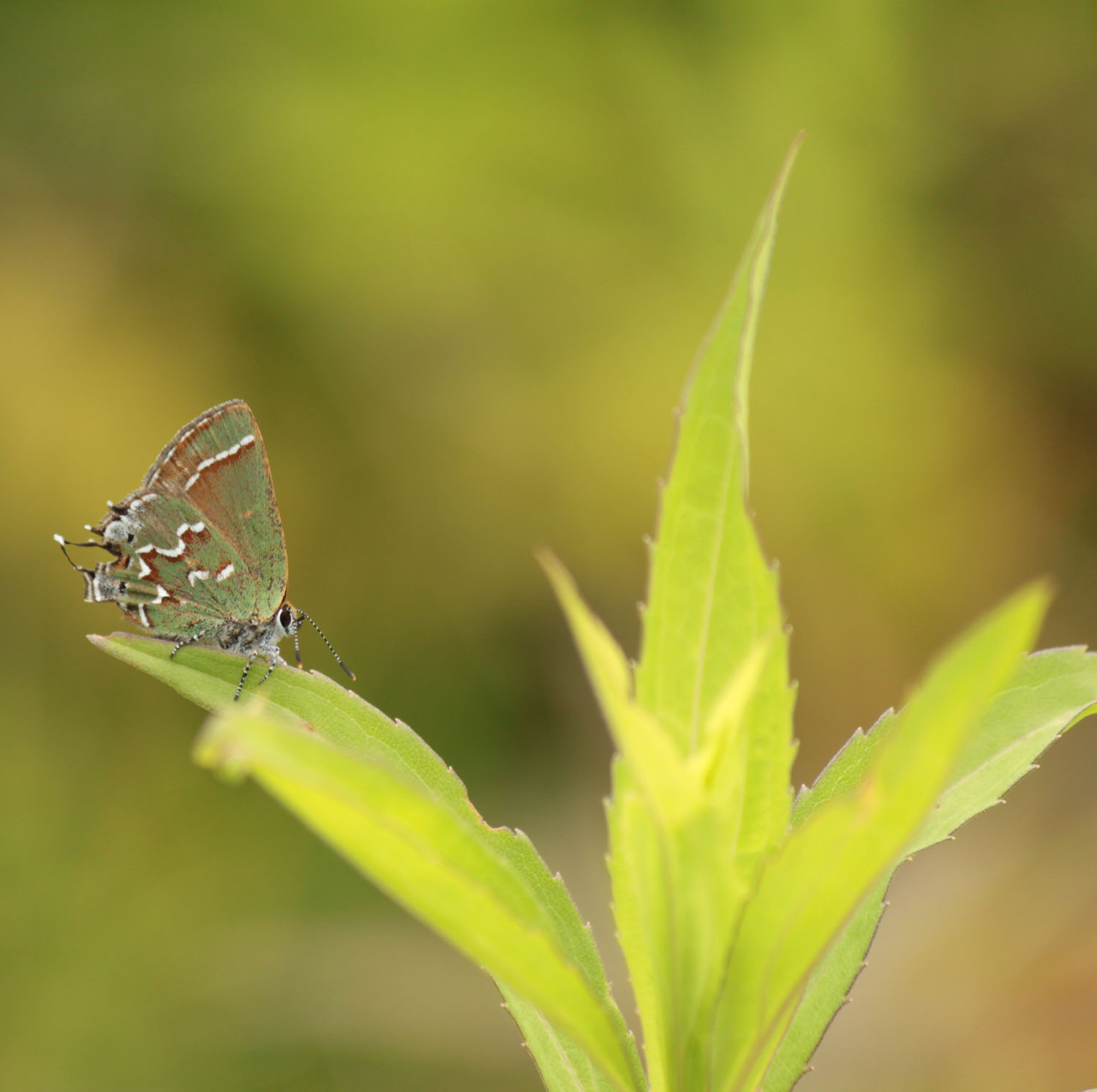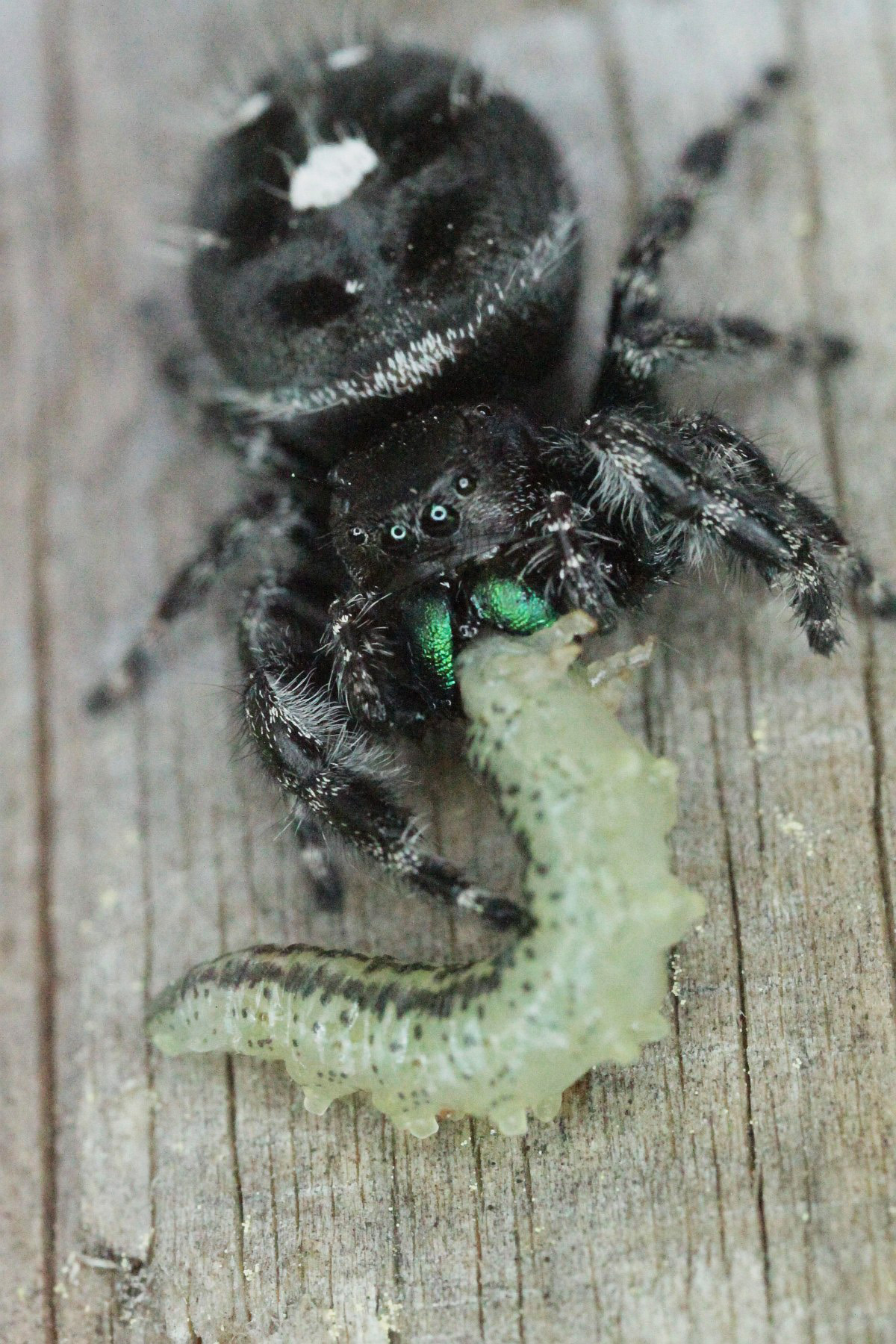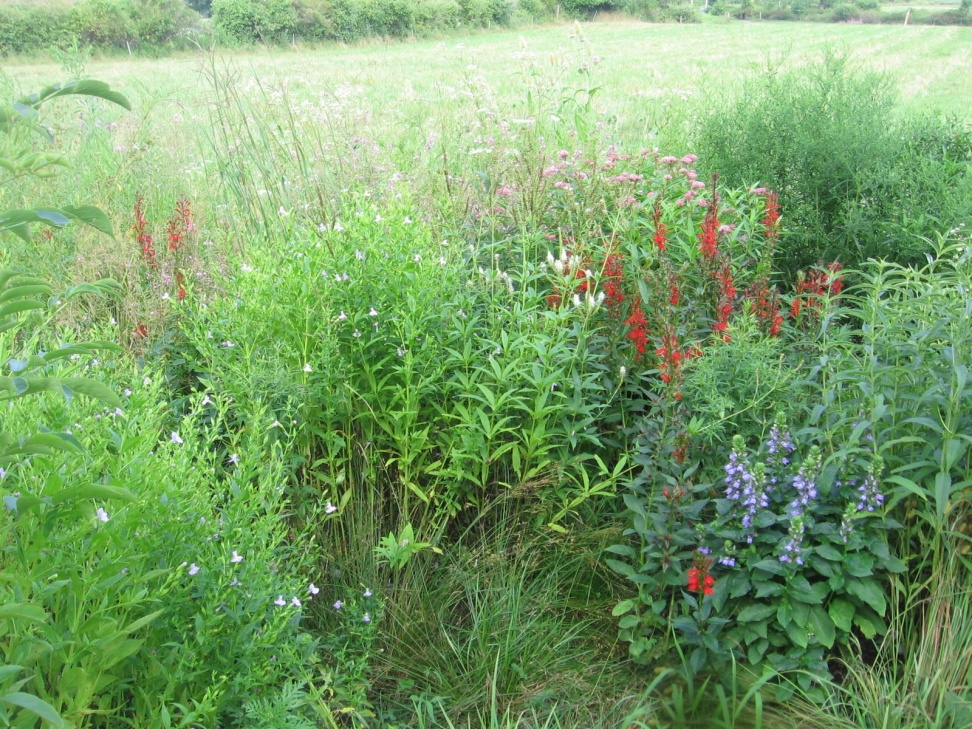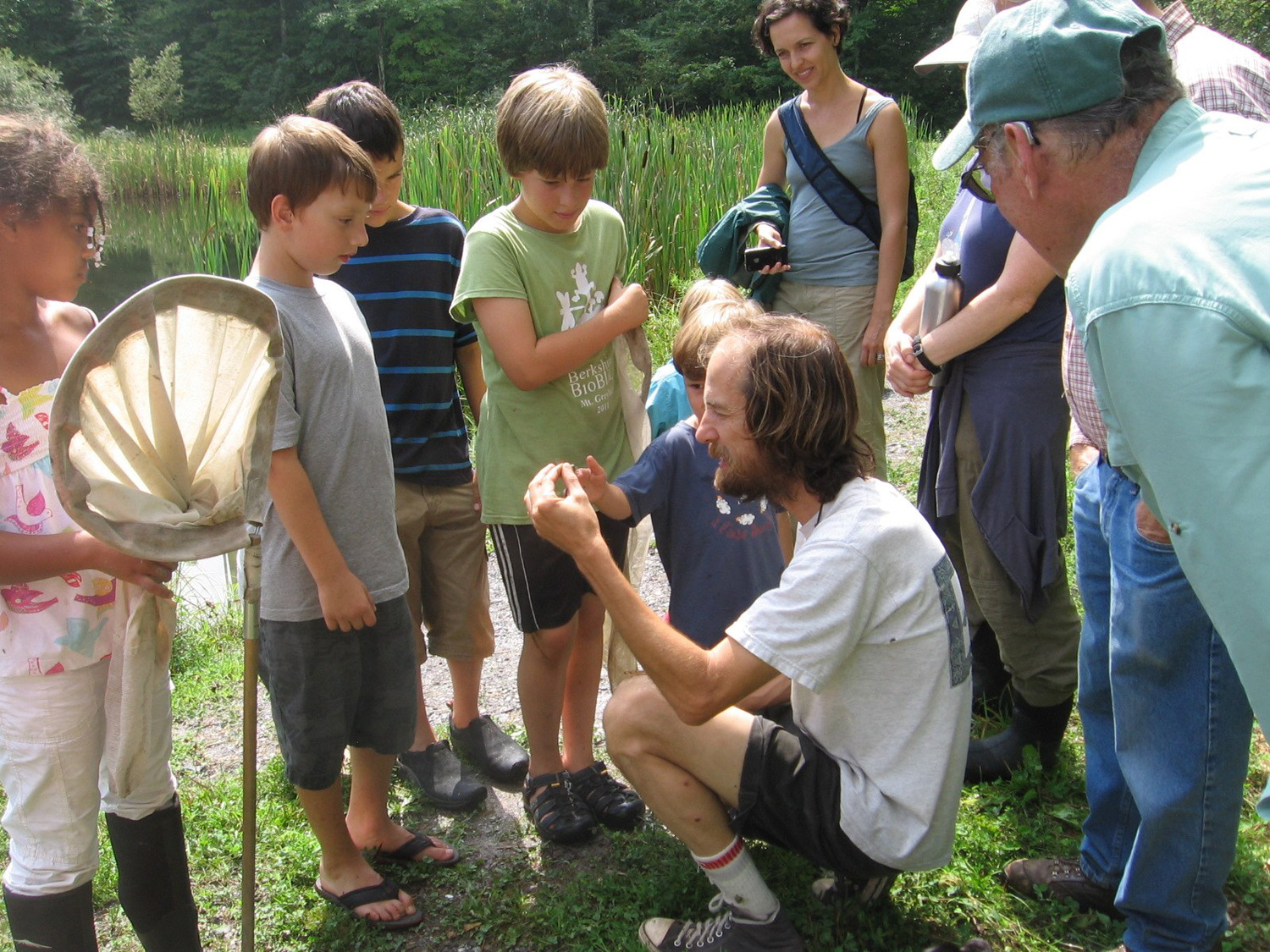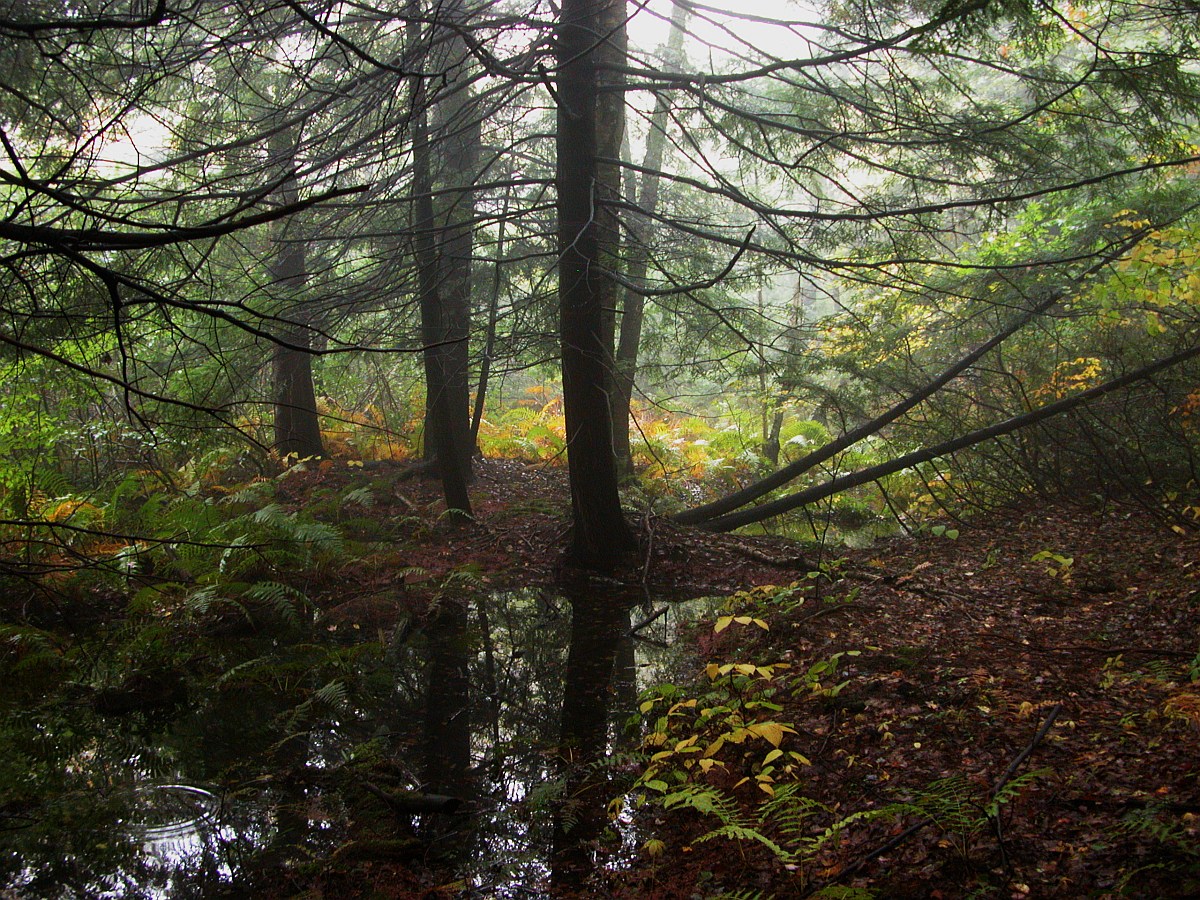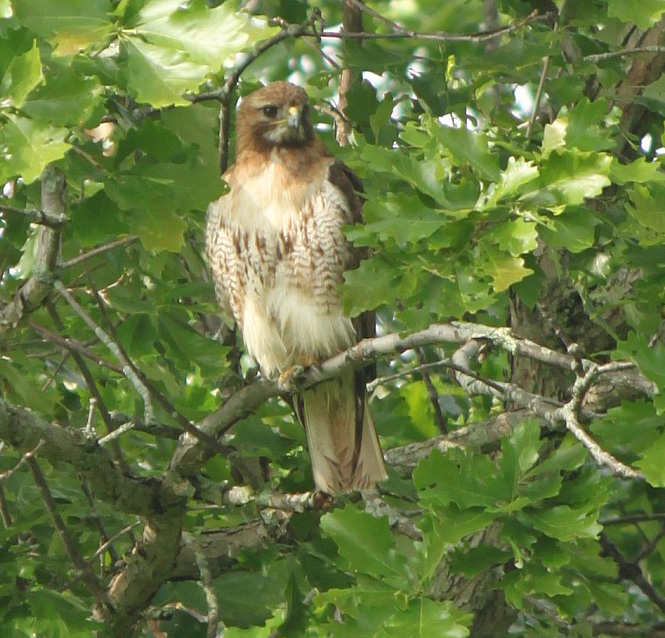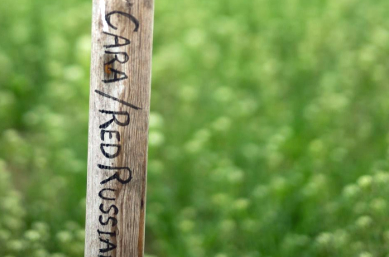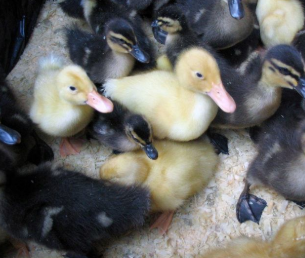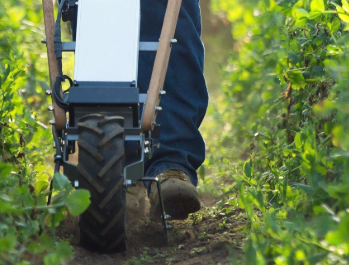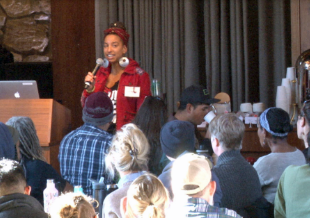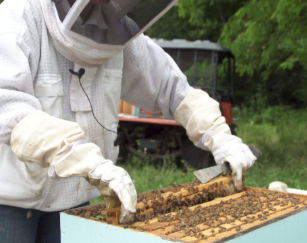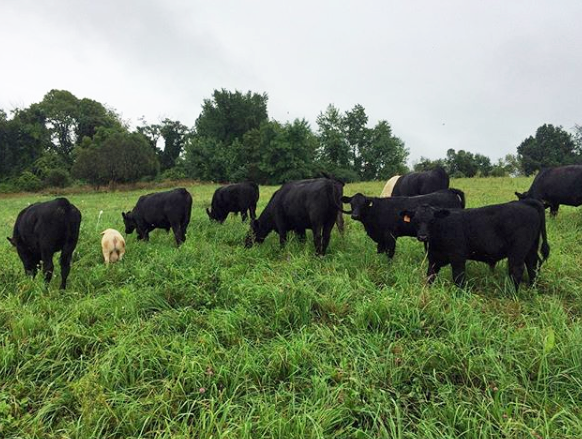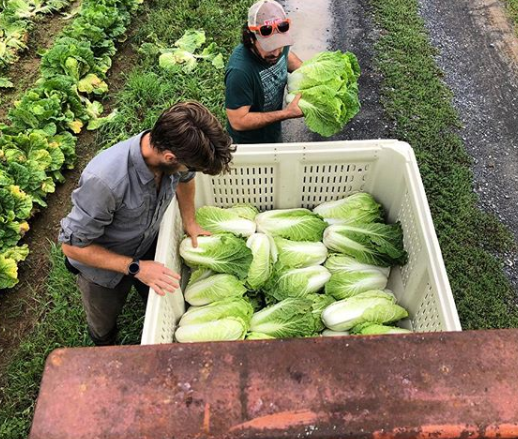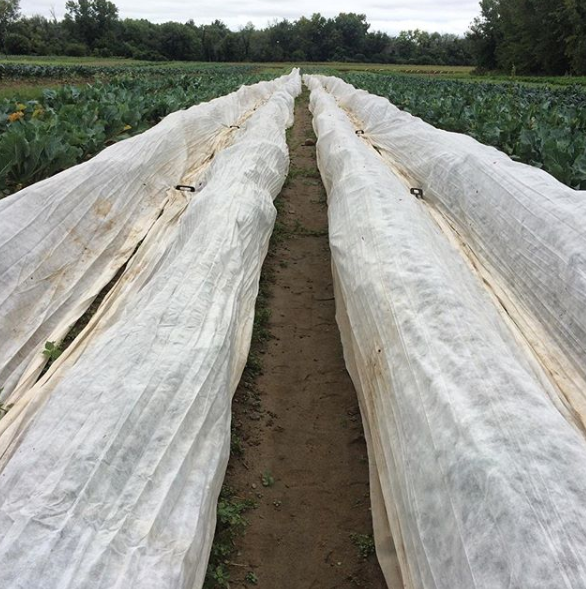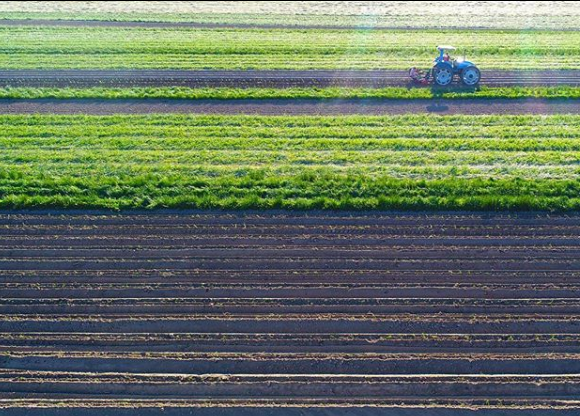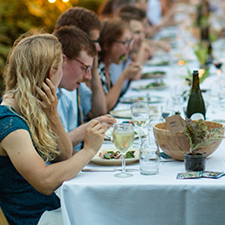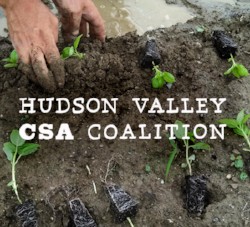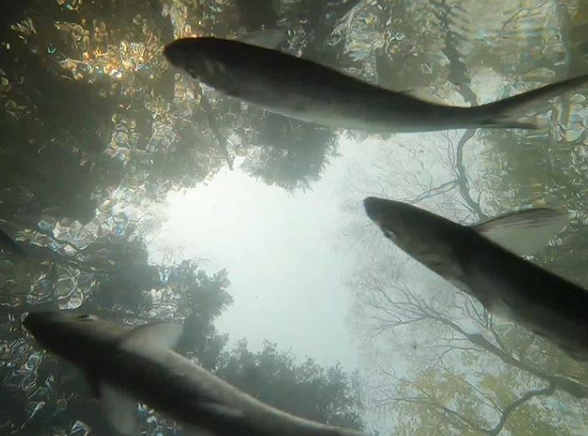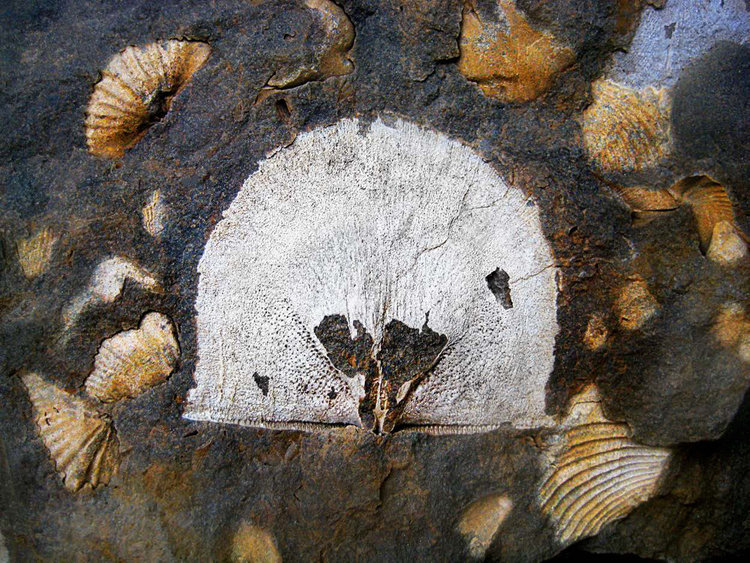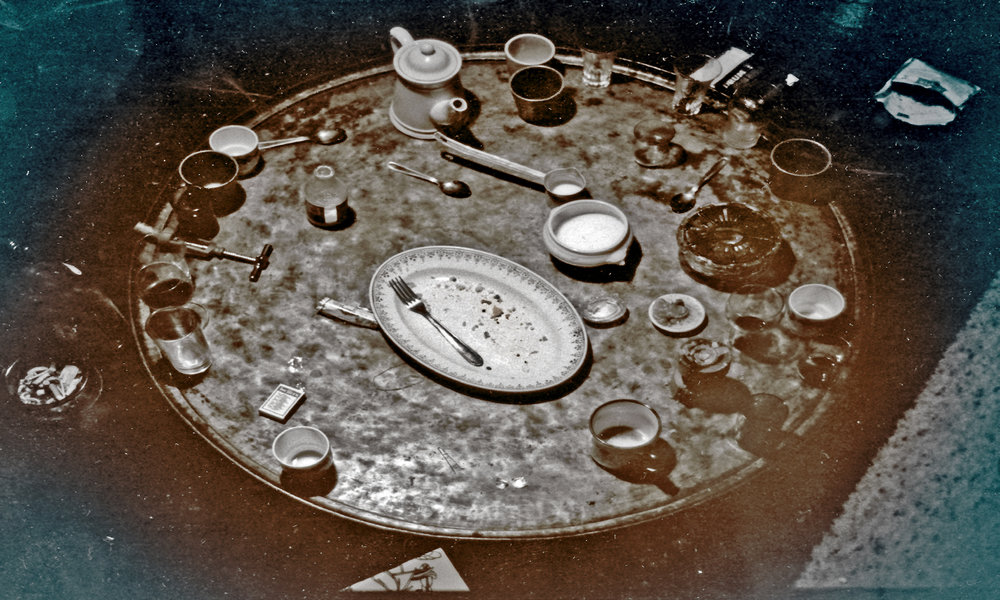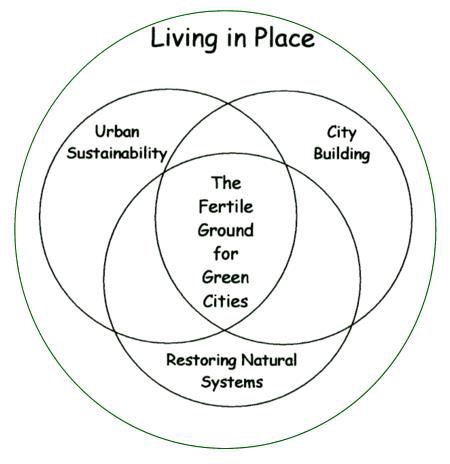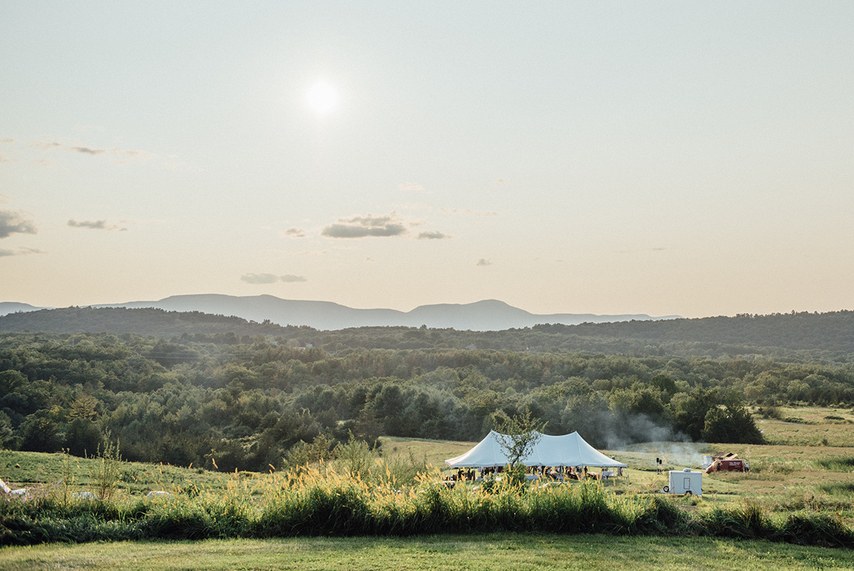THE HUDSON BIOREGION
“Any progress of the human at the expense of the larger life community must ultimately lead to a diminishment of human life itself.”
Several farms, agricultural labs and individuals in our region are dedicated to embracing a vital ecosystem. Researching their work has influenced overall thinking regarding this site - hoping to make more visible the generous spirit of expertise that is integral to the region through work that is central to our flourishing as a community.
HERON BY CAROL ZALOOM
It is the intent of design here to connect readers to specifics. So, programs integral to each organization featured below are included in a grid of images with links to the work of that project. Connecting to those links encourages an entry into a much larger scope of work. Underneath it all is a deep respect for those in the field, studying and living the landscape.
Photo Courtesy (l-r): Glynwood farmer; Map from Reinhabit the Hudson Estuary; Farming at Stone Barns Center for Food and Agriculture; Beetle Research at Hawthorne Valley Farmscape Ecology Program
Hawthorne Valley Farmscape Ecology Program
“The Farmscape Ecology Program was founded in 2003 as a small research and outreach program dedicated to encouraging an informed compassion for place. We do this by exploring the relationship between human culture and the rural, semi-agricultural landscape of Columbia County.
One term that we use to describe our work is "the ecology of the middle ground”. By "middle ground”, we mean those lands which are neither completely dominated by the human hand nor in pristine wilderness. Much of Columbia County falls into this category, including most of its farms, forests, and yards. By "ecology", we mean the ways of life not only of the wild organisms around us but also of ourselves. The health of these ecologies largely depends upon our active, informed compassion for that middle ground, and therefore much of the Farmscape Ecology Program’s effort is directed towards fostering that compassion.” MORE ABOUT THE FARMSCAPE ECOLOGY PROGRAM
Stone Barns Center for Food and Agriculture
“Stone Barns Center is a hub of learning, creativity and experimentation. We view our farm as a laboratory dedicated to improving and spreading resilient and sustainable farming practices … If we invest in farming that is adaptable and regenerative; that respects the limits of season; that builds soil and economies—we can grow a vibrant way of farming that delivers fresh, healthy, affordable food to more Americans while being resilient in the face of a shifting, highly variable climate…
That’s why Stone Barns Center exists: to be a laboratory for learning about and demonstrating agroecological farming, and for catalyzing a culture of eating based on ecosystem health.” MORE ABOUT STONE BARNS
Roxbury Farm Agriculture Institute
“Roxbury Farm is a community supported farm; a partnership between the farmers and the customers. Through this partnership we can work together to create a food system that works for everyone. Our customers know where their food comes from and who grows their food. They have a direct relationship with the farmers and the land. Our customers trust us to farm in a regenerative way and to produce the freshest and highest quality food possible at a fair price. … We have a guaranteed market for our products and we receive a fair price. This allows us to pay better wages to people working on the farm, use regenerative farming practices, raise our livestock humanely, and to *share our farming knowledge with other farmers.”
“… In 2015, Jean-Paul [Courtens] started a new project in Hurley, NY called the Hudson Valley Farm Hub. Jean-Paul created a professional farmer training program to educate the next generation of farmers. In 2019, Jean-Paul started the Roxbury Agriculture Institute at Philia Farm in Johnstown, NY with Crystal Stewart. Look for their upcoming research on no-till and reduced till vegetable farming.” MORE ABOUT ROXBURY FARM
Glynwood
“Glynwood is a non-profit organization serving food and farming professionals across New York’s Hudson Valley. We advance regenerative agriculture in service of our natural environment, local economies and human health.
Guided by the highest standards of ecosystem, soil, animal and community well-being, Glynwood serves as a teaching venue for aspiring farmers and a testbed for regenerative farming practices. With considerations to realistic economic viability, we are training the next generation of agricultural entrepreneurs.” MORE ABOUT GLYNWOOD
Riverkeeper
“The Hudson River is not your typical river. In fact, most of the Hudson is actually a tidal estuary where salt water from the ocean combines with freshwater from northern tributaries. This “brackish”, or mixing, water extends from the mouth of the Hudson in NY Harbor to the Federal Dam in Troy, approximately 153 miles.
The salt front of the estuary, where the freshwater runoff meets the saline water, can range from the Tappan Zee Bay near Tarrytown/Nyack in the spring to Newburgh Bay in Poughkeepsie/Newburgh in the late summer or during droughts.
Because the Hudson River is a tidal estuary, meaning it ebbs and flows with the ocean tide, it supports a biologically rich environment, making it an important ecosystem for various species of aquatic life. For many key species, it provides critical habitats and essential spawning and breeding grounds.” MORE ABOUT RIVERKEEPER
Reinhabit the Hudson Estuary
‘Watershed Worker’, George Tukel, has published an intriguing bundle, a collection of writings art, photography and maps devoted to the concept of living in place by opening the senses to the beauty that surrounds us. “Wilderness, alive and well, at the center of bioregions is the heart of Reinhabit the Hudson Estuary’s mission. Social cooperation woven into the life cycle of natural systems is key to George Tukel’s vision. A return to beauty and ecological health as guides for community growth. These would be changes you would feel in your bones – transforming the bioregional landscape by exchanging industrial sources of guiding values for wild ones.
As its name implies, the website [Reinhabit the Hudson Estuary] has its origins in the Mid-Hudson Valley of New York and is rooted there. It is important to emphasize, though, that the publications and art included here are intended to speak across bioregional borders and to diverse communities working to translate place identity into creative and practical day-to-day activities.” MORE ABOUT REINHABIT THE HUDSON ESTUARY
MORE
Churchtown Dairy
PHOTO COURTESY CHURCHTOWN DAIRY
“Drawing on the work of Rudolf Steiner, Bill Coperthwaite, Wendell Berry, and many others, Churchtown Dairy strives to create a community farm, worked by many and welcoming to all. A project of the Foundation for Agricultural Integrity, Churchtown Dairy brings people together to work on the land in a way that is regenerative for both the land and the people working it.
FARMING: Located on 250 acres in Claverack, NY, the Churchtown Dairy manages a 28-cow Biodynamic dairy herd, with about an equal number of young stock and beef cattle.
CHEESEMAKING: We strive to create high-quality ethically-produced cheeses reflecting the quality and strength of our Hudson Valley Biodynamic milk. Working with our herd of primarily Brown Swiss cows, we craft cheeses within a sustainable and Biodynamic framework that respects both the beauty and health of the living agricultural landscape and the animals and humans within it.
MEDICINAL PLANTS: Two acres of the Churchtown Dairy are dedicated to the growing of medicinal plants--plants that can heal when turned into Anthroposophical or homeopathic remedies, and plants that heal when we simply stand or sit in their presence. … In 2017 a healing garden was established that lures visitors into the beauty of the plant, with approximately 200 species planted in such a way that the plants’ particular magic--expressed in color, form, scent and texture--can be experienced by all who enter. These plants also provide a refuge for bird and insect life. Many of the plants grown are used medicinally and are harvested and sold either to practitioners who make remedies or to visitors who can find simple Churchtown Dairy products made on-site.” MORE ABOUT CHURCHTOWN DAIRY
Institute for Mindful Agriculture
PHOTO COURTESY INSTITUTE FOR MINDFUL AGRICULTURE
“Agriculture is deeply entwined with all our lives.
Our work kindles awareness of this complex, fundamental relationship and strives to change the way we all approach the ecological, social, and economic ills of current agricultural and food systems. Mindfulness shows us how being present connects each of us to ourselves, to others, and to the Earth.
At the Institute for Mindful Agriculture, our vision is to connect our current food and farming systems to a future of health and well-being for all. Because agriculture is so fundamental, we think that by mindfully evolving the foodshed, many other of Earth and society's illnesses will heal along the way.
The heart of our work is to connect inner transformation and social innovation. We do this work through four main lenses: Innovating Foodsheds; Good Environments for Social Beings; Connection to Nature and Place; and A Place for the Spirit.” MORE ABOUT INSTITUTE FOR MINDFUL AGRICULTURE
Seedshed
PHOTO COURTESY SEEDSHED
“Our mission is to engage communities in seed stewardship practices that strengthen agricultural, cultural, and biological diversity. Our holistic seed literacy programs protect local cultivars and are a catalyst for growing social, food, and seed justice solutions. Our signature projects include:
KITCHEN CULTIVARS Run in collaboration with Glynwood, Kitchen Cultivars connects all the dots from to seed to plate.
SEED CHALLENGE Garden for the greater good by becoming a seed saver.
NATIVE AMERICAN SEED SANCTUARY Run in collaboration with the Hudson Valley Farm Hub, the Native American Seed Sanctuary helps keep the cultures of the Mohawk, Seneca, Oneida, Onondaga, Cayuga, and Tuscarora tribes intact and thriving.
COMMUNITY SEEDS Cultivating seed savers and local seed-saving networks in a single growing growing season.” MORE ABOUT SEEDSHED
Stone House Grain
PHOTO COURTESY STONE HOUSE GRAIN
“Stone House Farm is dedicated to demonstrating a viable model of regenerative organic agriculture and to the development of a resilient agricultural economy in the Hudson Valley and greater Northeast. Our farm has transitioned from conventional corn and soy production to being a diversified organic farm. We use the principles of Holistic Management and a long term crop rotation in which we integrate our cropping and grazing systems to rebuild our soils and minimize our use of off farm inputs. The principles of Holistic Management, developed by the Savory Institute, are based upon mimicking nature and making agricultural management decisions that enhance our farm’s ecosystems and natural resources within the context of a productive agricultural system.
Stone House Farm was purchased and developed by Peggy McGrath Rockefeller, a visionary and an activist in the cause of preserving American farmland and ensuring the survival of American agriculture. She saw prime farmland across the country being turned into vast suburban housing tracts and talked with farmers squeezed by rising costs and falling prices. She responded by helping to create the American Farmland Trust and by pioneering the use of agricultural easements to ensure that farmland remained available for future generations.
Ben Dobson s farm manager of Stone House Farm.” MORE ABOUT STONE HOUSE FARM

